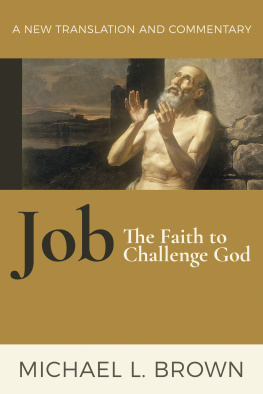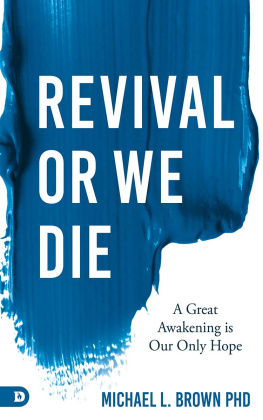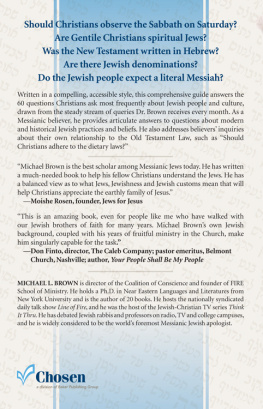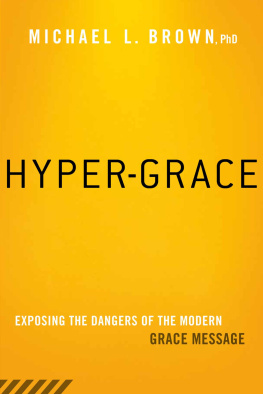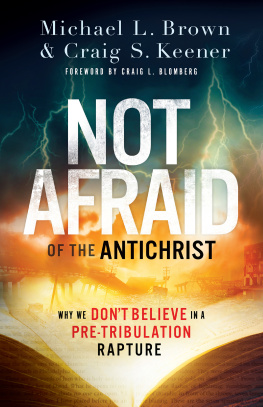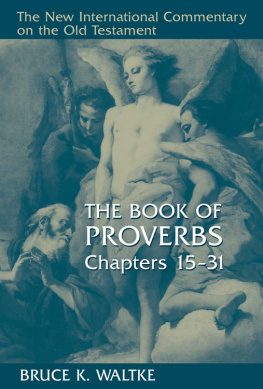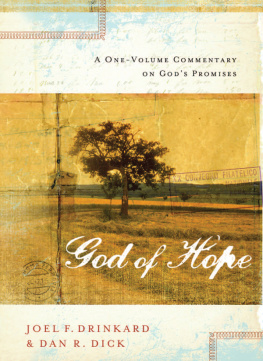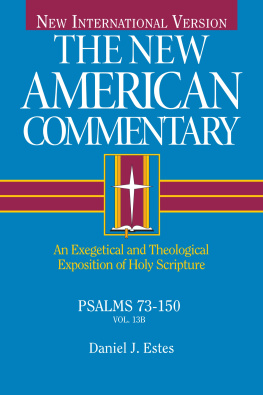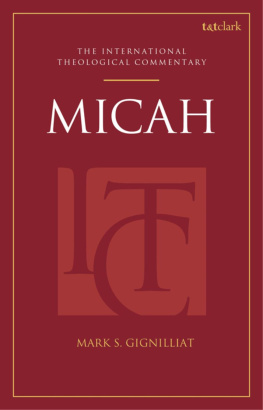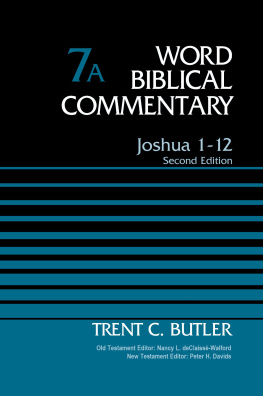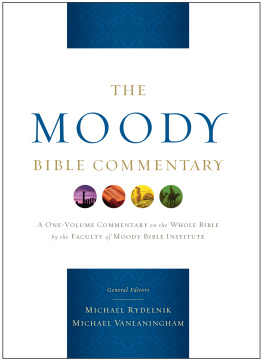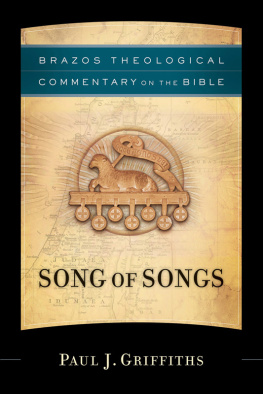2019 Michael L. Brown
All rights reserved. No part of this book may be reproduced or transmitted in any form or by any means, electronic or mechanical, including photocopying, recording, or by any information storage and retrieval system, without permission in writing from the publisher.
Due to technical issues, this eBook may not contain all of the images or diagrams in the original print edition of the work. In addition, adapting the print edition to the eBook format may require some other layout and feature changes to be made.
Preface
As long as I have been reading the Bible, I have been fascinated by the book of Job. Growing up in a nominal Jewish home, I had little encounter with the Scriptures and little education in Gods Word. I was bar mitzvahd at age thirteen and learned to chant a portion of the Hebrew Bible, after which I was given my own copy of the Old Testament in English. (To a Jew, this is simply the Bible, not the Old Testament.) But when I took it out one day to read it, I didnt get past the first page of Genesis.
Three years later, at the age of sixteen, as a new believer in Jesus and a radically changed person, I began to devour the Scriptures, reading through the Bible cover to cover five times in my first two years in the faith, and, for a period of more than six months, memorizing twenty verses a day. I loved Gods Word!
When I got to Job for the first time, I remember being somewhat puzzled as I read it. The first two chapters were incredible and stirring. What a story! What a man! So far, so good.
Next was Jobs opening statement in chapter 3, and I agreed with what he said. How poignant and moving. Then it was Eliphaz rebuking Job, but I agreed with him too, as I did with Jobs response to Eliphaz, and so on. I found myself saying, Amen to each speech, even though the speakers were contradicting each other. How can this be? As for the speeches of Elihu and the Lord at the end of the book, I honestly dont recall how I felt as I read these lengthy chapters. But I do remember wondering what to make of the book as a whole.
Over the years, my fascination with Job only increased, especially as I traveled in different church circles that struggled to develop a coherent (and redemptive) theology of suffering. If God is good and his power is here today to touch and to heal, how does Job apply? So, I continued to study the book and then, as I began teaching in Bible colleges, to lecture on it, always buying more commentaries and digging more and more into the Hebrew text.
Then, in 2010, I taught an intensive one-week class on Job at Southern Evangelical Seminary, after which time I became almost obsessed with writing a commentary on the book. Job was consuming my thoughts and I was receiving a wave of fresh insights while teaching. I couldnt wait to put the material in writing.
Unfortunately, when I interacted with different publishers that were producing major commentary series, while there was openness to me writing a commentary for them (as I had previously done with Jeremiah in the revised edition of the Expositors Bible Commentary), Job was already assigned. And so it was then that I approached Allan Emery at Hendrickson, asking him how he felt about me doing a standalone commentary on Job. He has since retired from his role as senior academic editor, but I am indebted to him for having the vision to produce the book you now have before you. Without him, this project would never have been conceived.
That, however, was only the beginning of the process. The initial plan was for me to write 300350 pages of commentary and then 150200 pages of additional essays, but as the work progressed, it became more and more academic, with the commentary itself eclipsing 600 pages. It was then that the new editor, Jonathan Kline, began to interact with me, asking me if I was writing for scholars or for a serious but popular audience. As it was presently written, it was a mixture of both. His critical interaction with my text also challenged me to sharpen it each step of the way. How I appreciate his meticulous eye!
Jonathan then turned the project over to Amy Paulsen-Reed (both of them, for the record, with PhDs from Harvard, and both uniquely qualified to edit this book; these are not editors for the faint at heart). Amy dug in even deeper, making clear to me that I needed to make a difficult choice: go all in on the scholarly writing of the book, in which case it would be inaccessible to the biggest audience I wanted to reach, or simplify it and popularize it, using my scholarship to clarify rather than obscure. It was at that time that I bit the bullet, doing a massive revision of the whole work and reverting back to the original plan. (Jonathan and I also agreed that I should produce a new translation of Job, one of the more challenging things I have ever done.)
But what was I to do with all of my detailed research in the larger commentary? What of the countless hundreds of hours spent annotating the commentary with lengthy footnotes and obscure Semitic references? Im planning to release the academic version at some future point, so please stay tuned for announcements. But the good news is that you have the full fruit of all of that meticulous research in this present commentary: the new translation itself; my understanding of every verse in the book; observations on the most important Hebrew words; serious theological reflections; and in-depth analyses of some of the most important and controversial verses in the book.
I cannot thank Amy enough for persevering through this project with me. She has enhanced every page of this book, and working with the graphics team and sales team has helped to produce a beautiful, substantial book.
I also extend my great appreciation to my old friend Philip Stern. We did our PhD work together at New York University and he took the time to review every word of my translation, offering scores of suggestions along the way. Had I incorporated all of his valuable suggestions, the translation would have been his and not mine. Thank you, Philip, for this incredible labor of love.
I also want to express my appreciation to the students at Southern Evangelical Seminary who studied Job with me in 2010. Their focus, their energy, their love for the Word, their love for theology, and their love for a good debate only added to my enthusiasm for Job.
In some of the theological reflections at the end of this book, I quote some poignant observations from my wife Nancy, also a Jewish believer in Jesus, but a staunch atheist when we met in 1974, both of us aged nineteen. As a former atheist and as a woman with great compassion for suffering humanity, she has sensitized me to many important issues of faith. I am indebted to her in more ways than I can possibly express.
Finally, to you, dear reader! Im thrilled that you, too, are interested in the book of Job, and I pray that, as you read the pages that follow, Job will come alive to you in bold and new ways, to the end that you encounter the God of Job as radically and wonderfully as he did. As he said to the Lord in his final confession, I had heard about you by the hearing of the ear but now my eye has seen you (Job 42:5).
Please let me know how you enjoy the read. (Im accessible through AskDrBrown.org.) And may the God of Job, who reveals himself most fully to us in his Son Jesus, be glorified through this book.

